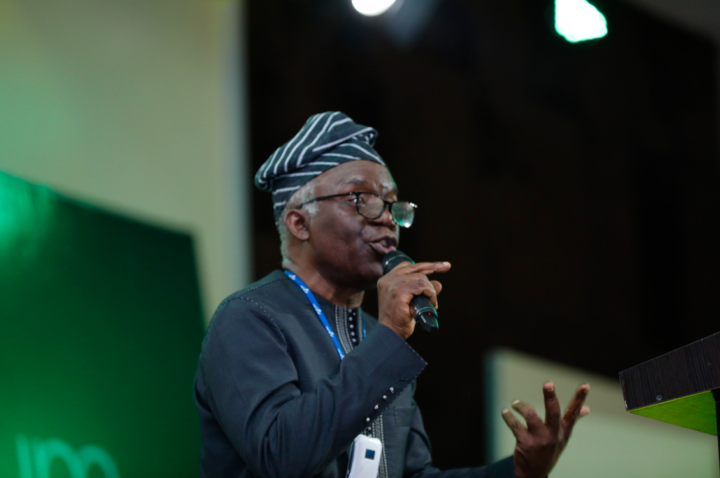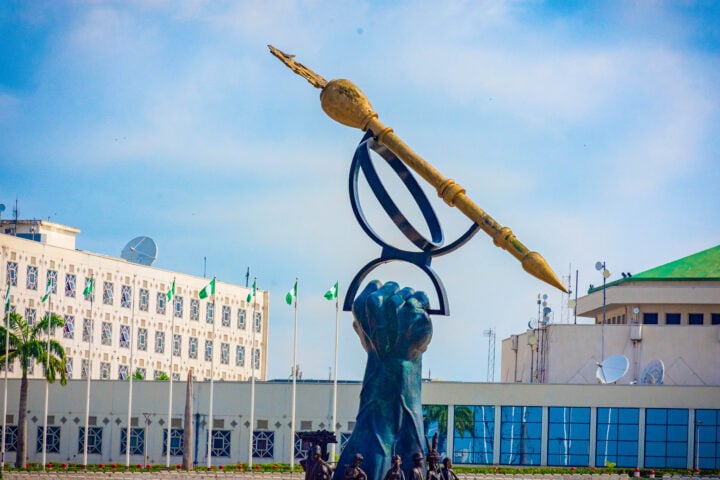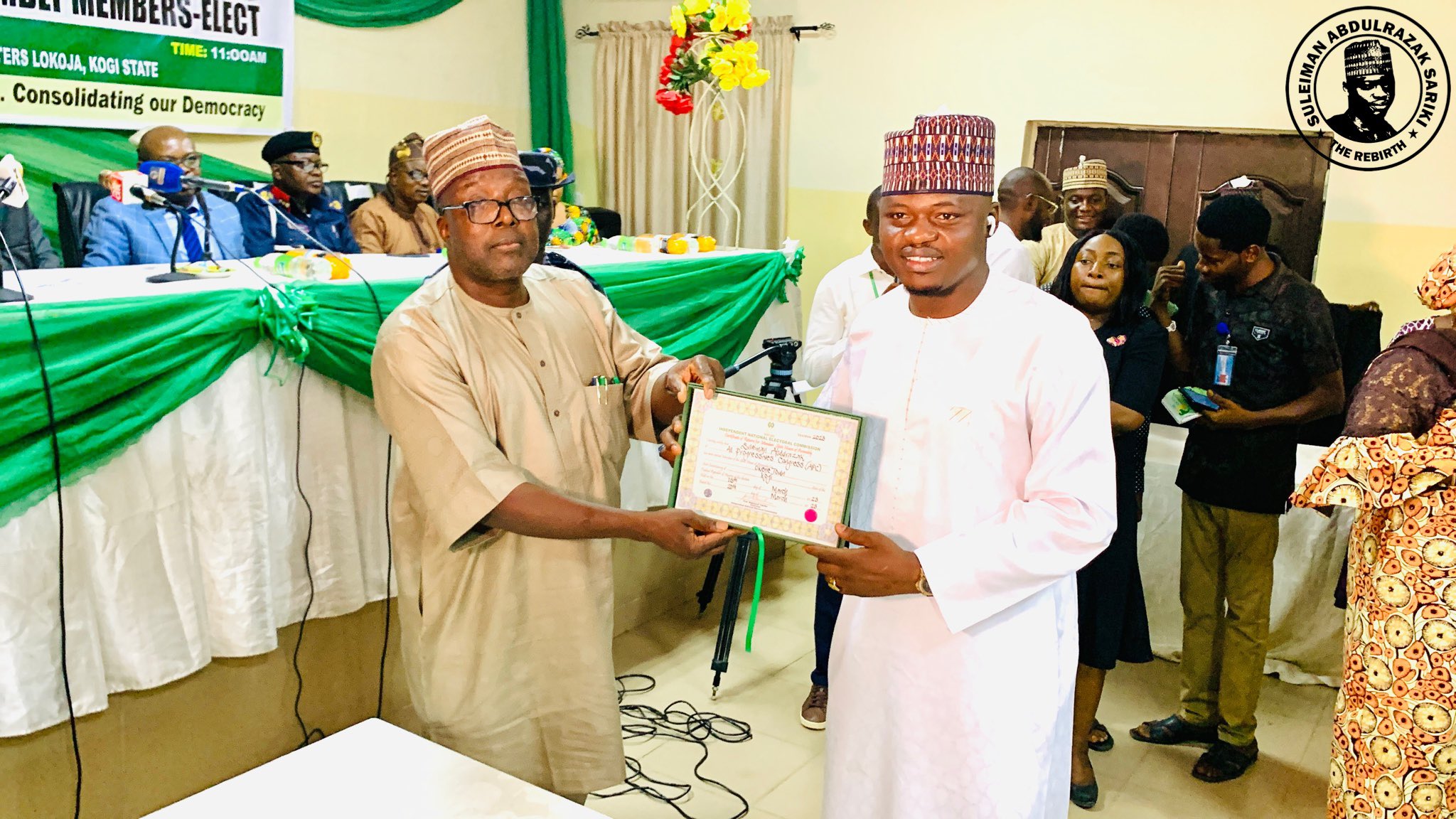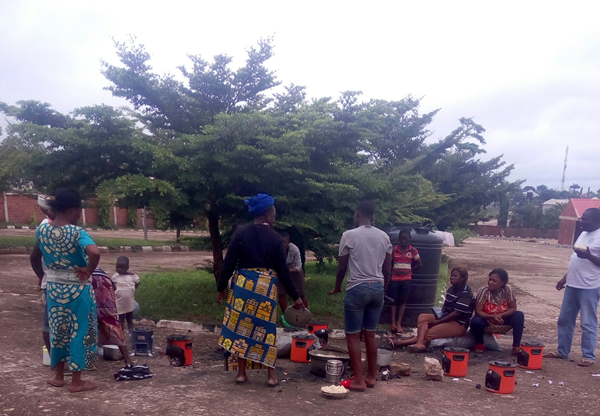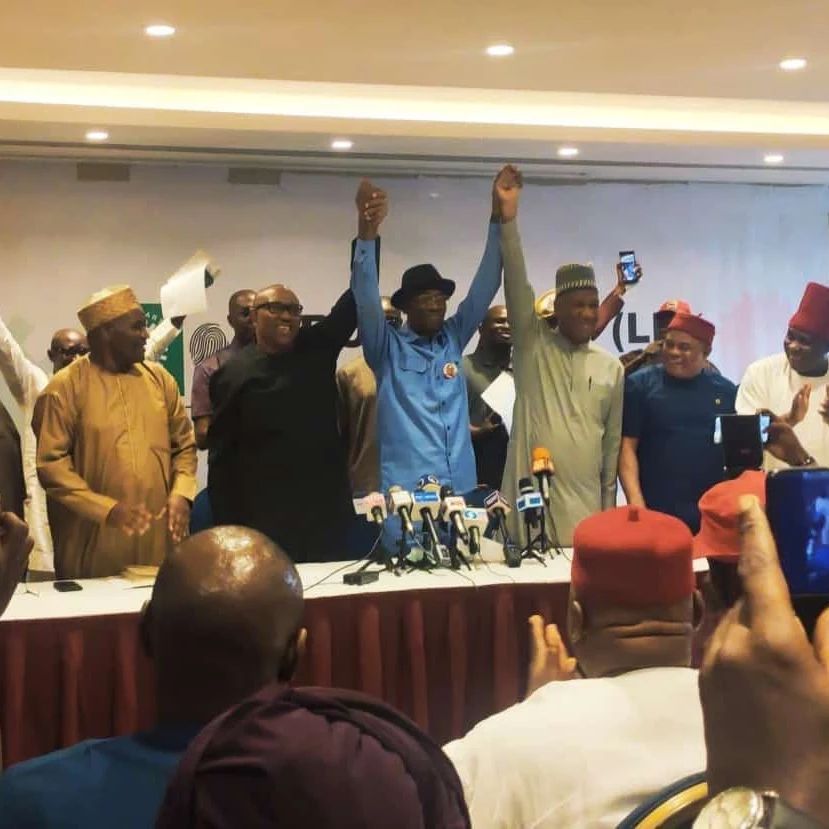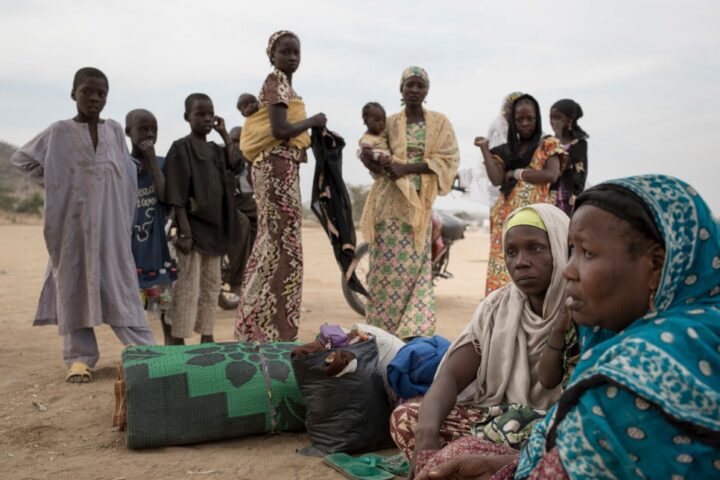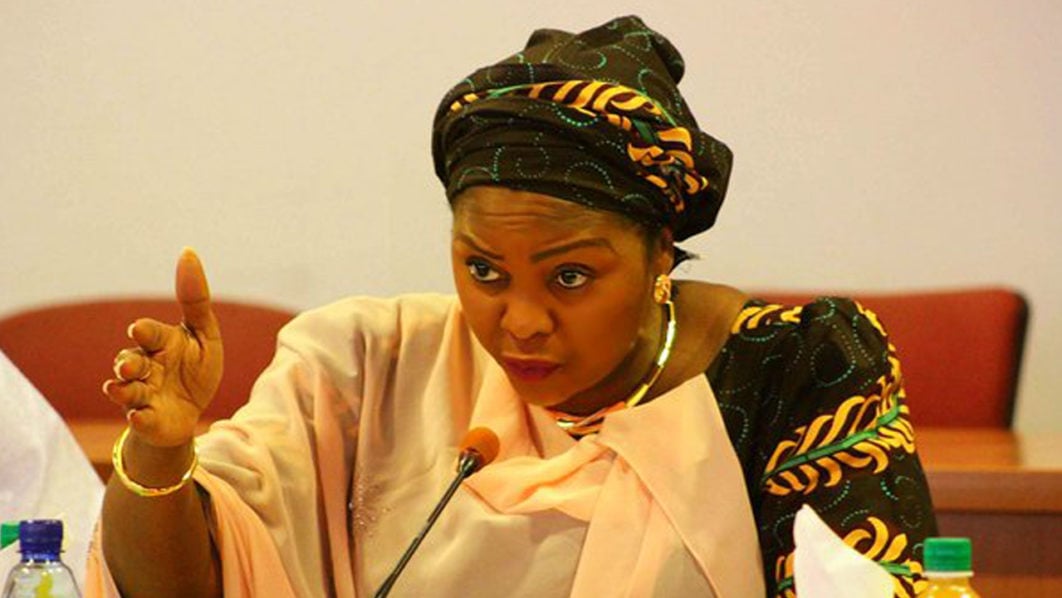Femi Falana
Femi Falana, a senior advocate of Nigeria (SAN), says citizens could not track election results because Nigeria was not fully prepared to adopt technology.
Falana spoke on Thursday during a Twitter space tagged “office of the citizen and the 2023 elections” organised by Enough is Enough.
Enough is Enough (EiE) is an organisation focused on promoting good governance through active citizenship in Nigeria.
Speaking on the outcome of the general election and the handling of petitions by the court, he said issues of public interest with solid evidence were difficult to be manipulated.
Advertisement
He said Nigerians should work toward having a working system rather than giving up on the judiciary.
“In our country today, the majority of us have become very intolerant on any matter. After the elections, the majority of Nigerians were mourning and we are given the impression that we are helpless,” Falana said.
“Take the judiciary for example, we go there everyday, if your evidence is solid, pungent, it is difficult for a judge to play around it and for a public interest matter, judges are more circumspect.”
Advertisement
“And because we are not prepared to embrace technology. If we had deployed the technology fully, votes are cast and instantly transmitted to the server, everybody can track and trace who is voting for who.
“Secondly, use the BVAS report so that you will find out whether votes were recorded without accreditation. In the last elections where you have violence in Lagos, Rivers, and other places, people were simply shaved away, and thugs and party people now settle down to write the results. In such circumstances, they couldn’t have been captured by the BVAS machine, so those are the areas you go for.
“Let me tell you an instance, I think it was in 2015, and that was the last time I took part in an election petition. At that time, we brought the report from card reader machines and we compared them with the result and we saw a whole lot of difference.
“Unfortunately, the supreme court said the card reader machine was not provided for all that was done. I sat down, I wrote an article, “The legality of card reader” because, at that time, the government lawyer, the INEC lawyer did not tell the court that a few days before then a law has been signed by the President to say that INEC has been empowered to adopt any method for the conduct of the election.
Advertisement
“Now, that was not an instance where you abandon science or technology. If you have read the judgment in Osun and I recommend that judgment to everybody here, the court of appeal abandoned the BVAS report, and the BVAS machine and went back to manual registering, in this age and time.
“Let us not be despondent or pessimistic if you have your evidence because we are dealing with an election that is conducted potentially with the use of technology.
“For instance, every political party has their agents in polling units and the agents are given copies of forms EC8A which can be tendered before the tribunal, in the first place, you collate all your forms from your agents and then confirm what you are likely to have scored.
“And that can be tested together with the examination of the INEC materials and then, you are good to go but if we just simply sit in the comfort of our homes and say the Nigerian judiciary is bad and you can never get anything out of it.”
Advertisement
‘NIGERIA HAS HAD WORSE ELECTIONS’
He urged Nigerians not to be discouraged by the elections’ outcome, adding that the country has conducted worse polls marred by violence in the past.
Advertisement
“Ladies and gentlemen, if I show that we have had worse elections in Nigeria, you will not believe it. In 2007, the ballot papers were not realised, they were not marked, and three justices in the supreme court didn’t say, how do you know how many votes were cast for each of the candidates? How do you track or add up? And one of the justices said, “a ballot paper that is unmarked, that has no number is like a counterfeit currency and nobody will take it from you,” he added.
“And that was the year of President Obasanjo who is grandstanding now. He declared that the election was a do-or-die affair and it was absolutely a do-or-die affair. People were killed in their hundreds. So we must now not be too forgetful of where we are coming from, we must not take advantage of technology.
Advertisement
“Then everything was a manual, primitive way of conducting the election. In some of the states, INEC could not announce the result and the results were announced in Abuja contrary to what happened on the ground, contrary to the votes cast by the people.
“We have moved beyond that, we are now in the era of science and technology, we must go back, the witnesses that are going to give evidence must be armed with sufficient evidence with which election results can be challenged. We must not limit ourselves to the presidential elections, in some of the states, we have the worst situations.
Advertisement
“The question of impunity in our country, we must ensure that those people who have been arrested by the police for electoral offences and are not less than 700 must be prosecuted.
“The citizens must monitor those who have been arrested to ensure that they are not released without trial. We must continue this engagement, we must challenge the status quo that will move the country forward.”
YOUTHS’ PREPAREDNESS FOR 2023 ELECTIONS
Also speaking, Ibrahim Faruk, programme manager of Yiaga Africa, a civil society organisation, said Nigerian youths could have prepared better for the general election after the setbacks during the primaries.
“When we talked about youth candidacy, I am referring to the number of young people running for elective offices. In 2019, it was about 34 percent, In 2023, it dropped to 28 percent,” Faruk said.
“So, it seems to me like there have been systematic efforts by political parties and politicians to continue to suppress voter participation.
“So, if you remember political party primaries that were held last year and how it was a struggle for young people to secure party tickets, I think we should have started to see some of those red flags and know that we needed to come ready for the general election if we wanted young people to actually influence the outcomes.
“But despite much of the negativity, there are stories of hope. When we look at young people who ran for office and won, some under what were not traditionally big political parties, and in those constituencies you could clearly see that the youths’ votes influenced the election outcome.”
Add a comment
